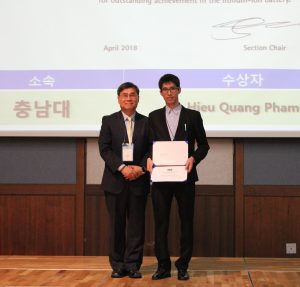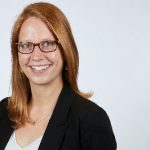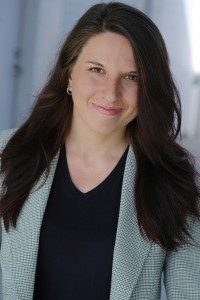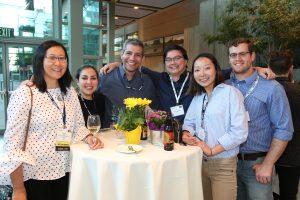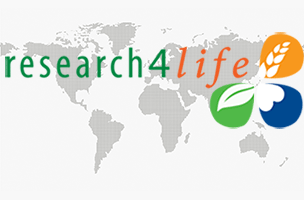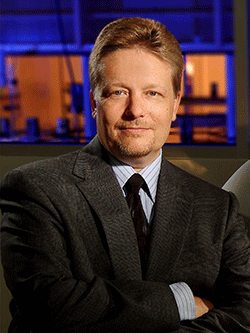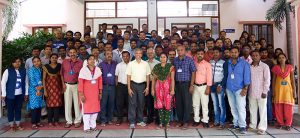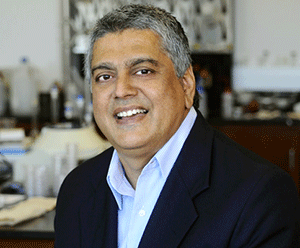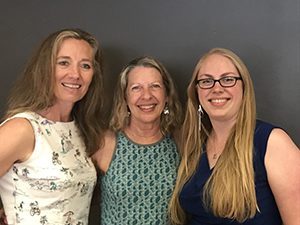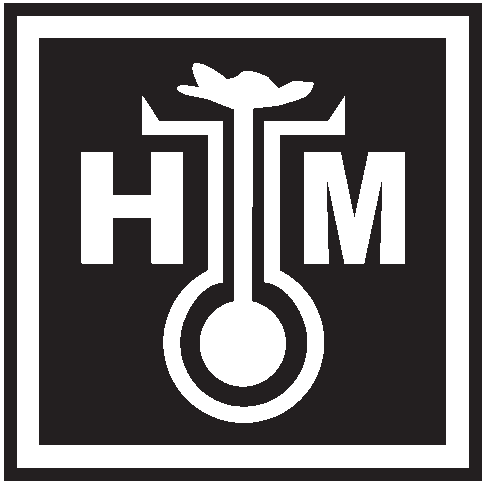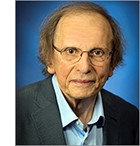Nomination Deadline: September 30, 2018
ECS recognizes outstanding technical achievements in electrochemistry and solid-state science and technology through its Honors & Awards Program. There are many deserving members of the Korea Section among us and this is an opportunity to highlight their contributions.
We are currently accepting nominations for the following award:
Korea Section Student Award was established in 2005 to recognize academic accomplishments in any area of science or engineering in which electrochemical and/or solid state science and technology is the central consideration. The award is intended to encourage students who are pursuing a PhD at a Korean university to initiate or continue careers in the field.


